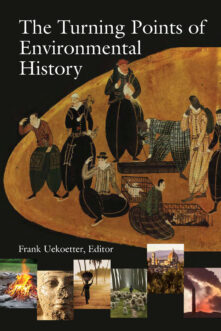Books
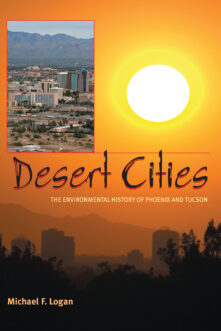
Desert Cities
The Environmental History of Phoenix and Tucson
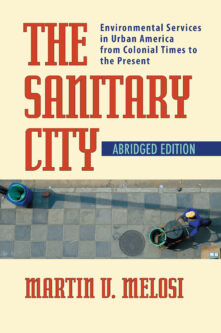
The Sanitary City
Environmental Services in Urban America from Colonial Times to the Present
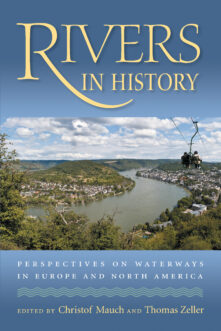
Rivers in History
Perspectives on Waterways in Europe and North America
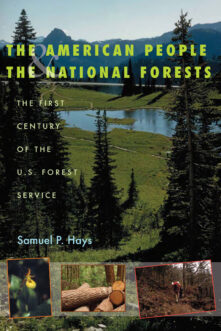
The American People and the National Forests
The First Century of the U.S. Forest Service
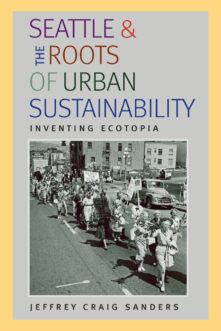
Seattle and the Roots of Urban Sustainability
Inventing Ecotopia
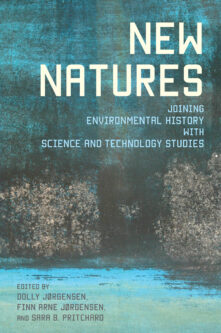
New Natures
Joining Environmental History with Science and Technology Studies
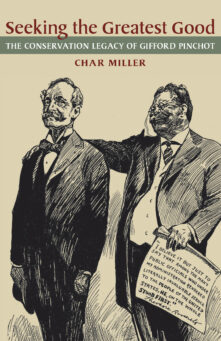
Seeking the Greatest Good
The Conservation Legacy of Gifford Pinchot
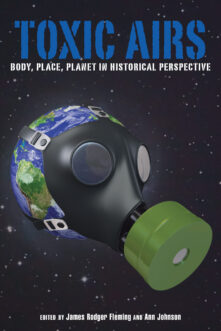
Toxic Airs
Body, Place, Planet in Historical Perspective
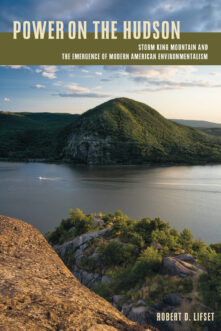
Power on the Hudson
Storm King Mountain and the Emergence of Modern American Environmentalism
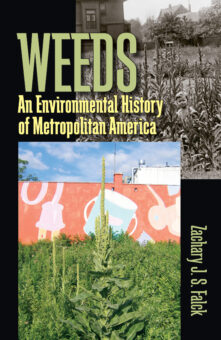
Weeds
An Environmental History of Metropolitan America
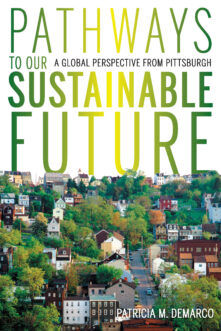
Pathways to Our Sustainable Future
A Global Perspective from Pittsburgh
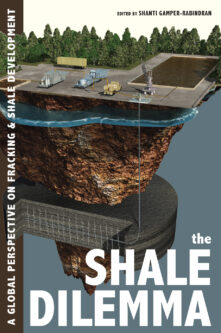
The Shale Dilemma
A Global Perspective on Fracking and Shale Development

Inevitably Toxic
Historical Perspectives on Contamination, Exposure, and Expertise
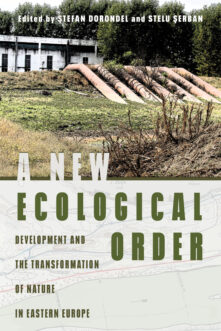
A New Ecological Order
Development and the Transformation of Nature in Eastern Europe
Total 31 results found.


